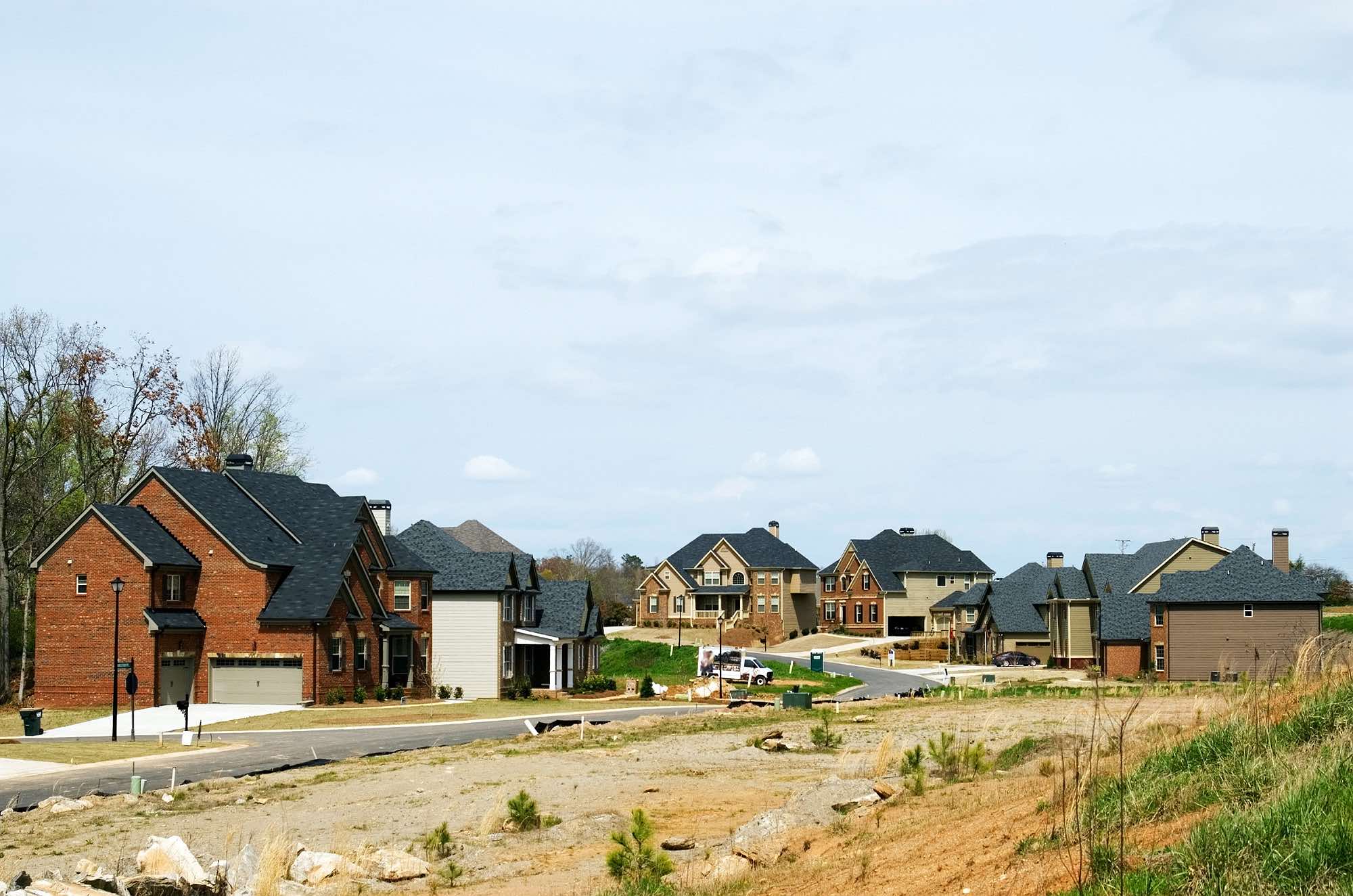Converting your home to a long-term rental can be a practical solution if you are moving for work or upgrading to a larger home. The local property market is certain to grow and appreciate so holding on to a much-loved property is a good option for the future. Here are some suggestions that will help you with the process of renting your home.
Personal property
If you are living in the home, pack and remove as much as you can so the floor area will be larger. This is something that needs to be done anyway and doing it now will improve the rental rate and give you some room to cleaning and repairs. If the dwelling is empty, be sure it’s completely empty of tools, construction debris, or other non-lease belongings.
Clean thoroughly
A clean property will attract clean renters whereas a poorly maintained home will be difficult to rent to quality tenants. Hire a professional cleaning service to wash walls, clean carpets, and steam clean appliances.
A spotlessly clean home will generate goodwill and give the most positive first impression. It will also provide the highest rent. When the tenants move, a new-looking home is a solid baseline for reporting damage and wear: “it was new when you moved in.”
Curb appeal
Asking a tenant if they want the walls painted will almost certainly receive an enthusiastic ‘yes’. Choose white ceilings and warm white walls for a clean, uniform look that is easy to touch-up. Outside, the yard should be landscaped and pavement should be in good repair. If you’re renting a condo, you may want to focus on the interior features with updated fixtures.
Maintenance and building codes
A condominium is relatively easy to convert to a rental because most maintenance is done by the strata. Houses require a closer look at infrastructure to make sure something vital doesn’t break down in the winter. Small repairs such as leaky faucets and broken screen door handles are more of an irritation than a maintenance problem. These small items can add up in a tenants mind and shorten their tenure.
If the home has a woodstove or some DIY electrical or plumbing, be sure to have it inspected by a professional. Let the inspector know the property will be rented. If there are problems, have them corrected to avoid legal issues that can result from fires or flooding.
Landlord insurance
Standard homeowner insurance doesn’t cover rental use. You should have proper landlord insurance that has complete coverage for the entire property. This includes liability insurance specifically worded to cover tenant accidents or other liabilities that your investment may generate. Always insist that tenants have their own insurance so your policy isn’t affected by their mistakes. An overflowing toilet or tub can result in an unexpected repair bill.
Questions about rental services in the Columbia Valley? Contact us today for more information.





